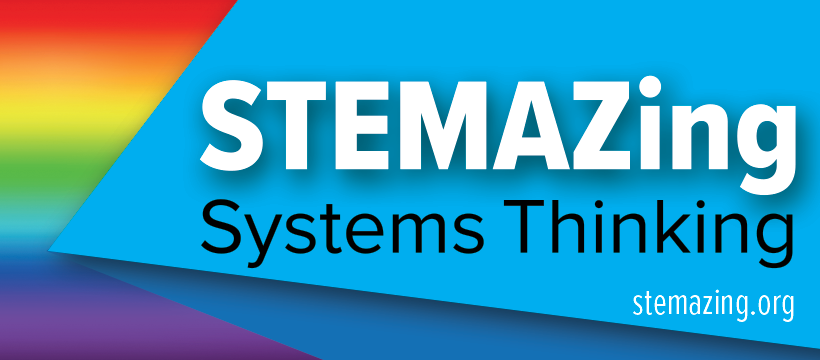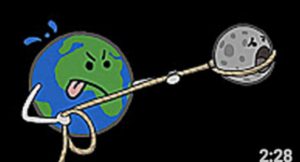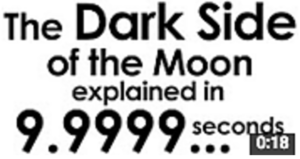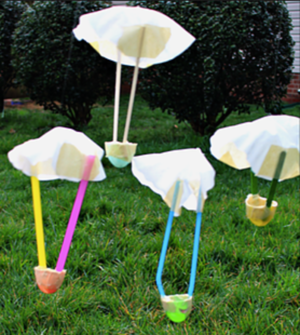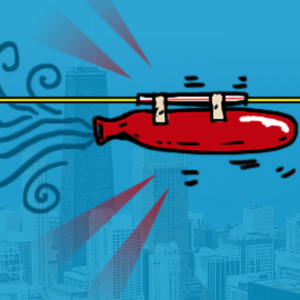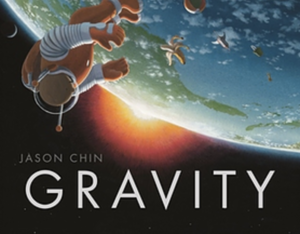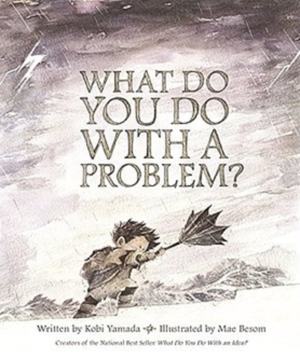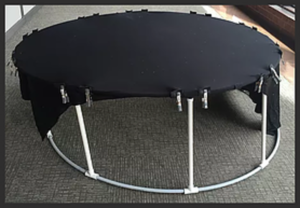Workshop Resources
What Do You Do with an Idea?
A STEMAZing picture book with loads of possibilities for engaging students from social-emotional lessons to developing out engineering ideas and learning from failure. This link takes you to a matrix of questions related to the book associated with Bloom’s Taxonomy.
Read MoreUniversity of Kentucky Real Curriculum
The Realistic Explorations in Astronomical Learning (REAL) Curriculum is an integrated mathematics science curriculum designed by Dr. Jennifer Wilhelm and Dr. Ron Wilhelm. REAL is designed for use at the middle school level. You will find information on the related standards (NGSS and Common Core), student sheets, and teacher instructions for each lesson.
Read MoreGlobe at Night
Activity guide for January and February 2017 for this awesome citizen science program. Find additional activity guide and resources at www.globeatnight.org.
Read MoreTidal Locking
Why do we only see one side of the moon? This MinuteEarth video answers that question.
Read MoreDark Side of the Moon Video
From MinutePhysics, the dark side of the moon misconception explained in 10 seconds.
Read MoreEgg Parachute
Another engineering design challenge but this time the winner is whoever is the slowest! Let students iterate through designs to create egg parachutes which take the longest to fall from a given height.
Read MoreBalloon Rocket
Let students use the engineering design process to improve their balloon rockets that race across the room.
Read MoreGravity, by Jason Chin
What Do You Do With a Problem
What do you do with a problem? Especially one that follows you around and doesn’t seem to be going away? Do you worry about it? Ignore it? Do you run and hide from it? This is the story of a persistent problem and the child who isn’t so sure what to make of it. The…
Read MoreSpacetime Simulator
You can make your own or borrow one from The STEMAZing Project if you attended this workshop. The spacetime simulator demonstrates how Einstein described gravity – masses warping spacetime and drawing other masses into the gravity wells they create.
Read More